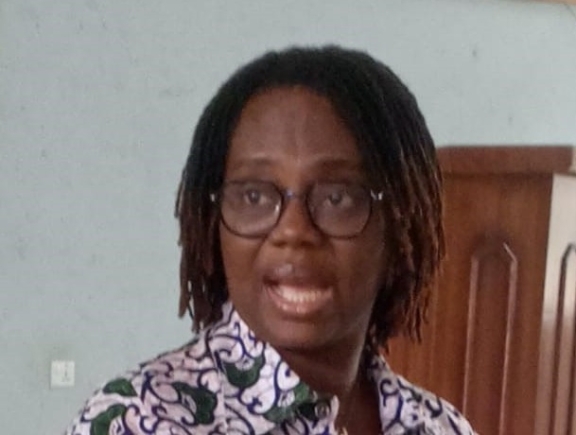In 2023, rice imports from Vietnam, India, Thailand, China, and Pakistan into Ghana were worth US$342million, even though rice can be grown everywhere in Ghana, according to Dr Nana Ama A. Oppong Duah, Policy Advisor/Project Manager of the John Agyekum Kufuor Foundation.
There is, therefore, the need for an inclusive transformation of the Ghanaian agriculture and food system through a competitive agribusiness industry that drives farmer production, productivity and resilience, she said.
This must take place while making vigorous efforts to create employment opportunities in the rice value chains of Ghana to reverse the trend, she said.
The foundation envisions the establishment of peaceful, well-governed and economically sustainable societies in Ghana and Africa.
Dr Duah said as of 2023, the national demand for rice stood at 1,440,000 metric tonnes, adding that local rice production accounted for 47 per cent of the 1.5million metric tonnes of the consumption rate.
She made the remarks at a capacity building forum for 67 rice value chain actors from the various districts in the Volta Region on ‘Enhancing the competitiveness of rice production, processing and marketing in Ghana,’ in Ho.
The participants included rice producers, processors, millers, and machinery operators.
The event was organised jointly by the John A. Kufuor Foundation, FarmWallet, and Hopeline Institute, on the subject and to highlight ways of reversing the trend.
Dr Duah attributed the insufficiencies in local rice production to low access to finance and low adoption of enhancing technologies such as seed, fertilizer, and mechanization, in addition to weak market linkages.
Policy environment
She said the weak policy environment to enforce quality standards and climate-related shocks, such as severe droughts, also contributed to the inefficiencies.
To address those problems, Dr Duah said the foundation would intensify stakeholder engagement and advocate for relevant policy interventions such as institutional local sourcing and rice import regulation to favour local rice production.
Further, the foundation would facilitate the coordination and implementation of the ECOWAS Rice Observatory and Competitive Africa Rice Platform protocols to enhance intra and cross border market and trade of rice, she affirmed.
Meanwhile, Dr Duah re-affirmed the foundation’s stance to advocate and promote the “Eat Ghana Rice” campaign to stimulate demand for local rice production.
The Project Monitoring and Evaluation Officer of FarmWallet, Richard Somda said only 20 percent of smallholder farmers in Sub-Saharan Africa had access to formal financial services.
He said FarmWallet would commit resources with enthusiasm to improve rice production and resilience by 30 percent through access to digital tools, training, and mechanization.
The Volta Regional Director of Agriculture, William Dzamefe said the role of all value chain actors was critical for the development of the chain.
For instance, he said, marketing was critical to hold all the actors together, since profit sharing was the principal goal of all actors.
“So, they must play their roles actively for the project to succeed,” he said.

